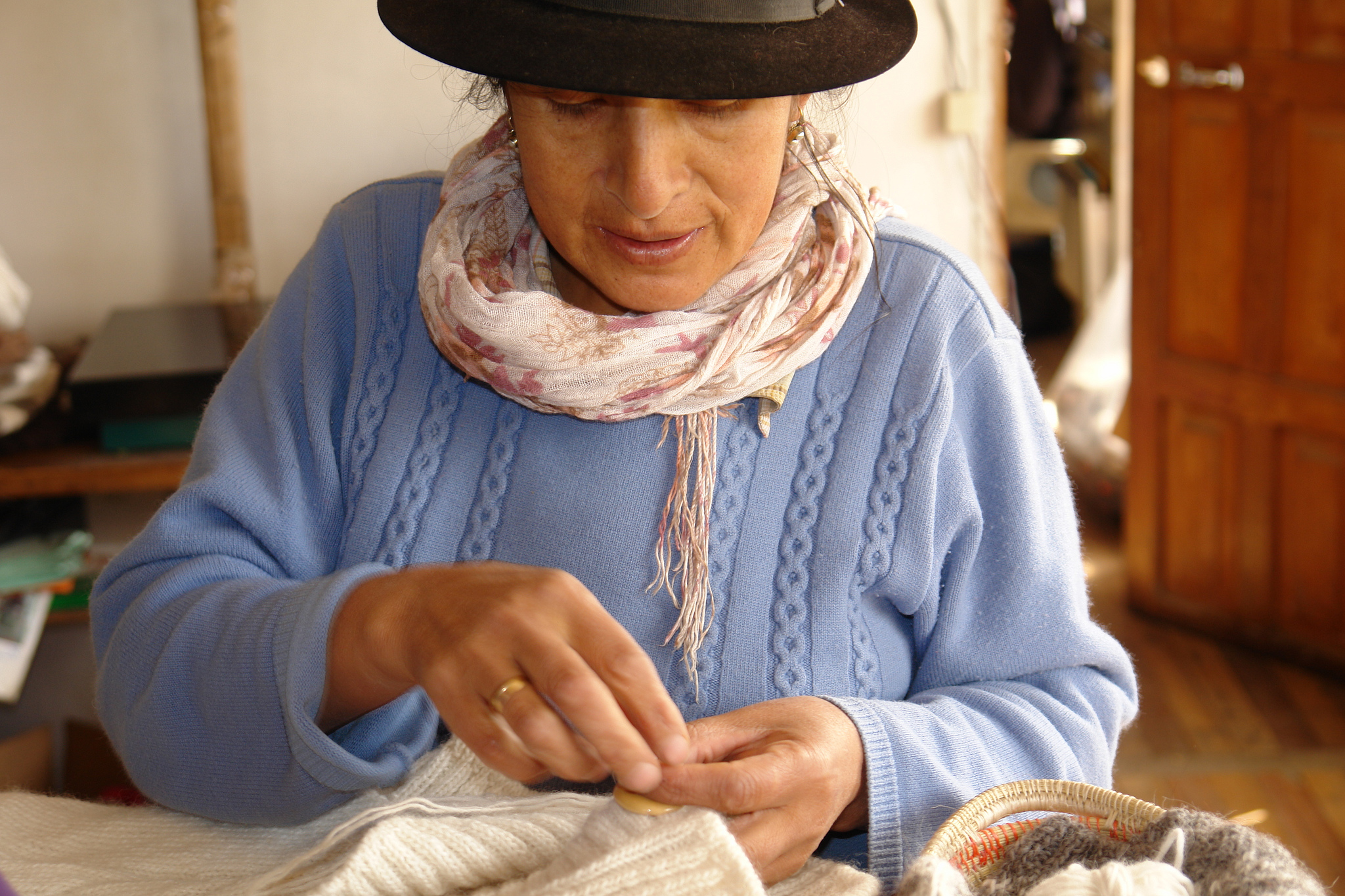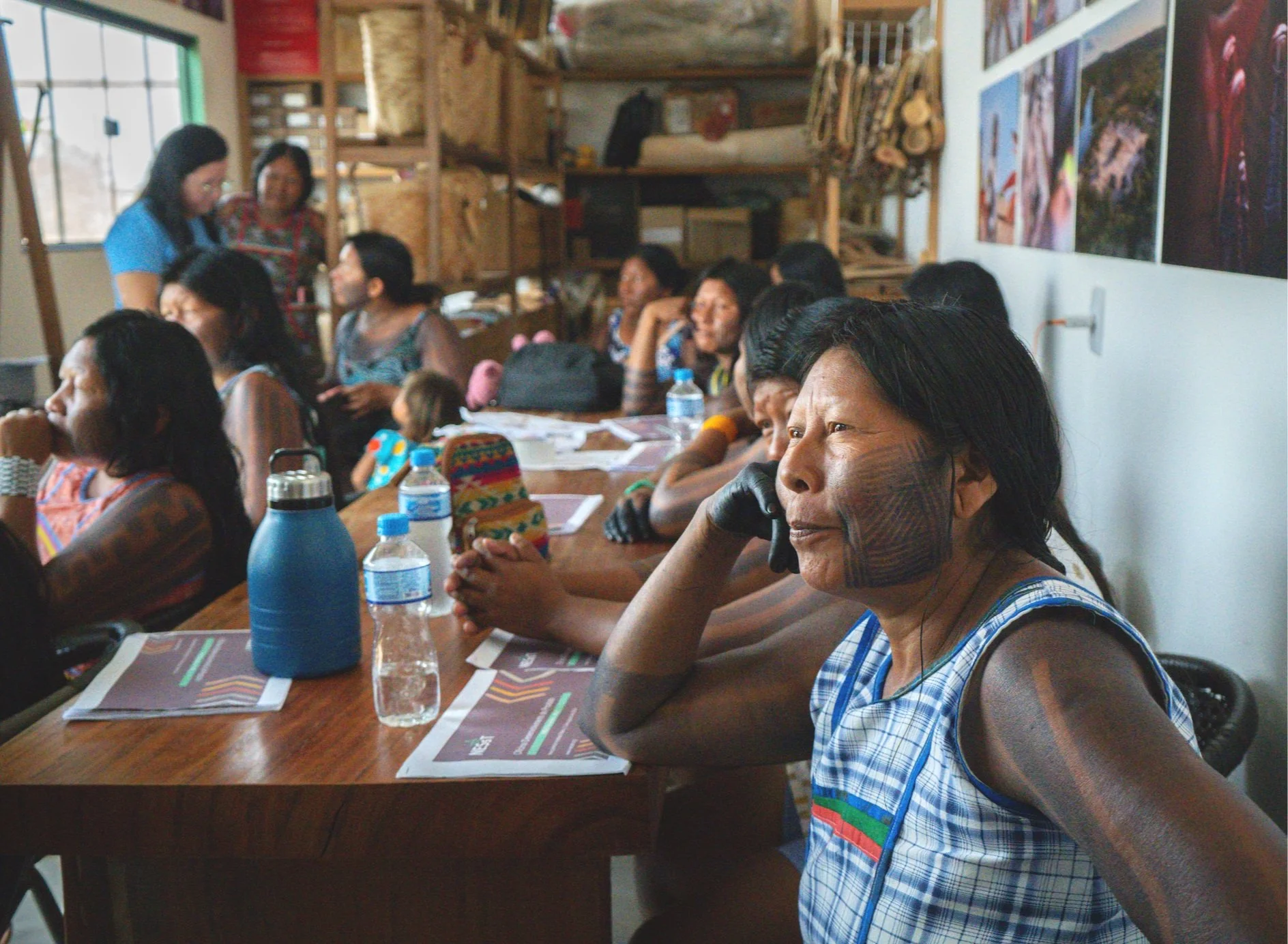In celebration of Women’s History Month, we are spotlighting the stories of three women entrepreneurs at the helm of enterprises in the NESsT portfolio in Central & Eastern Europe and South America.
Dana Gilland Joins NESsT Board of Directors
Intersectional Impact: 7 key learnings from accelerating social enterprises in Poland & Romania over 3 years
We spoke to our portfolio managers and entrepreneurs in the region to uncover the lessons learned and insights gained from three years of close-up acceleration and collaboration in the region catalyzing wide-ranging, innovative business models and supporting the financial independence and stability of people from diverse backgrounds.
How Women Shape NESsT: Inside Our Organization and Across Our Portfolio
NESsT's Commitment to Advancing Social Justice
How Streamlining Funding Application and Reporting Criteria can Improve Financing Accessibility for Grassroots Initiatives in the Amazon
In this blog, we speak with bioeconomy entrepreneurs to better understand the challenges they face when applying for funding from multiple sources. Read it now to learn how complex application criteria and reporting demands impact their businesses and explore actionable recommendations for how the funding community can help ensure more equitable, inclusive access to financing.
NESsT Extends its Commitment to Inclusive Employment in Central-Eastern Europe with Continued Support from IKEA Social Entrepreneurship and Cisco Foundation
The next iteration of NESsT’s accelerator program in Central and Eastern Europe, with a focus on Poland and Romania, will be backed by our long-standing partners, IKEA Social Entrepreneurship and Cisco Foundation. This phase will accompany 26 companies on their growth and impact journeys, providing capacity building, knowledge sharing, and mentoring with industry experts at NESsT, IKEA Social Entrepreneurship, and Cisco Foundation.
Reflecting on My First Year as CEO of NESsT: Honoring a Legacy, Building for the Future
As I celebrate my one-year anniversary as CEO of NESsT, I wanted to reflect on what it means to lead a purpose-driven organization defined by vision and impact. NESsT was created with the vision that businesses could thrive while prioritizing social and environmental outcomes. That visionary approach continues to guide us today as we actively choose to evolve and grow.
NESsT's 2023-2024 Dignified Employment Survey Results
In 2023, we outlined objectives that focused on those directly impacted by our work and the work of the social enterprises in our portfolio. Our survey, completed by NESsT portfolio managers and team members sitting down with the 531 respondents who participated, captures the following information: Who are the direct beneficiaries of our work? Are their jobs well-paid and secure? How do they feel about their career opportunities? How do they feel about their workplaces? How does our work impact their families overall? Is our work making a real difference in their lives?
Why an Inclusive Definition of the Bioeconomy Matters for Financing Amazon Enterprises
NESsT’s recent study and extensive research identifies that the term ‘bioeconomy’ is often broadly interpreted by bioeconomy funders and global policymakers, sometimes straying far from a vision of environmental stewardship. We interviewed Indigenous leaders and entrepreneurs as part of ongoing efforts to deepen our understanding of their perspectives, vision and expectations of the bioeconomy as not just as an economic model, but as a way of life rooted deeply in ancestral tradition.












